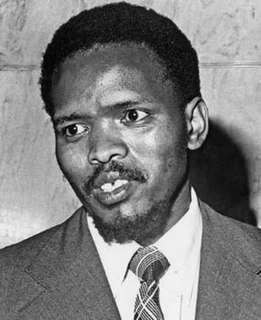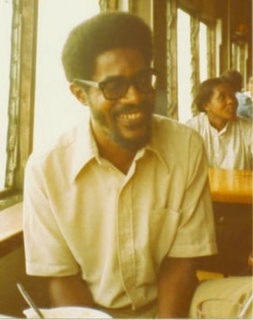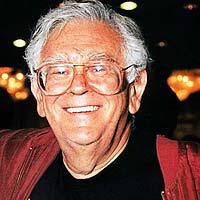A Quote by Paulo Freire
Certain members of the oppressor class join the oppressed in their struggle for liberation.
Related Quotes
How can the oppressed, as divided, unauthentic beings, participate in developing the pedagogy of their liberation? Only as they discover themselves to be 'hosts' of the oppressor can they contribute to the midwifery of their liberating pedagogy. As long as they live in the duality in which to be is to be like and to be like is to be like the oppressor, this contribution is impossible. The pedagogy of the oppressed is an instrument for their critical discovery that both they and their oppressors are manifestations of dehumanization.
It would be hard to find a single example in history in which a group that cast more than 50 percent of the vote got away with calling itself the victim... Women are the only 'oppressed' group to share the same parents as the 'oppressor'; to be born into the middle class and upper class as frequently as the 'oppressor'; to own more of the culture's luxury items than the 'oppressor'.
Transformation is only valid if it is carried out with the people, not for them. Liberation is like a childbirth, and a painful one. The person who emerges is a new person: no longer either oppressor or oppressed, but a person in the process of achieving freedom. It is only the oppressed who, by freeing themselves, can free their oppressors.
The fortunes of the African revolution are closely linked with the world-wide struggle against imperialism. It does not matter where the battle erupts, be it in Africa, Asia or Latin America, the master-mind and master-hand at work are the same. The oppressed and exploited people are striving for their freedom against exploitation and suppression. Ghana must not, Ghana cannot be neutral in the struggle of the oppressed against the oppressor.
Genocide has two phases: one, destruction of the national pattern of the oppressed group; the other, the imposition of the national pattern of the oppressor. This imposition, in turn, may be made upon the oppressed population which is allowed to remain or upon the territory alone, after removal of the population and the colonization by the oppressor's own nationals.
For myself, as, no doubt, for most of my contemporaries, the philosophy of meaninglessness was essentially an instrument of liberation. The liberation we desired was simultaneously liberation from a certain political and economic system and liberation from a certain system of morality. We objected to the morality because it interfered with our sexual freedom.
There is such a thing as the freedom of exhaustion. Some people are so worn down by the yoke of oppression that they give up. [...] The oppressed must never allow the conscience of the oppressor to slumber. [...] To accept injustice or segregation passively is to say to the oppressor that his actions are morally right.
































